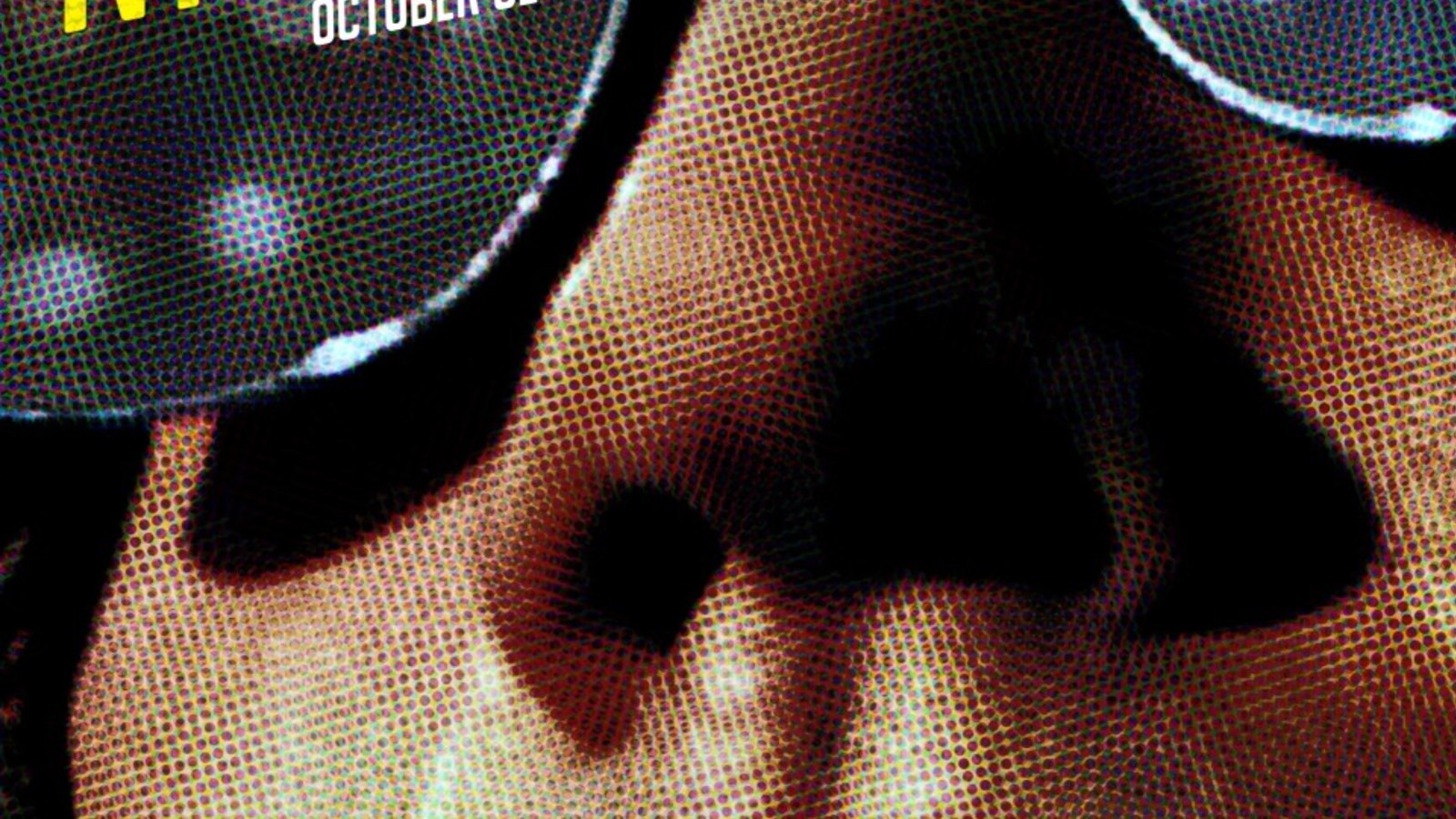
Nightcrawler (2014)
Geschreven door op 22-04-2015
How far are you willing to go to chase your dreams and make a name for
yourself? From the very first minute it starts, Nightcrawler is more than ready to eagerly provide
answers to the audience. Exploring the dark and filthy side of the L.A.
news business industry, debuting director Dan Gilroy sensationally celebrates
the vicious and the vile in a Drive-esque
undertone of what seems to be a twisted version of the American Dream. With a fictional yet thought-provoking and
critical premise strongly led by Jake Gyllenhaal, the film is nothing
short of a thrilling cinematic spectacle with high chances of getting
recognized during awards season.
Jake Gyllenhaal is the eccentric Louis “Lou” Bloom: a thief, an
ambitious young man and above all an offset of the typical Hollywood hero
figure. He’s a survivor, a crafty and disingenuous sociopath in the making.
Desperate for work, Lou soon finds his calling in the vast and unearthly world
of L.A. crime journalism. A lucrative industry that heavily relies on two
things: tragedy and unscrupulous night crawlers. Lou only sees opportunity. He
speeds through the stark streets of Los Angeles, together with his intern Rick
(Riz Ahmed), chasing horror all across the city with the prospect of making
money and a name for himself by selling the most shocking images to the highest
bidder.
“Who am I? I’m a hard worker. I set high goals and I’ve been told that I’m persistent.” – Jake Gyllenhaal as Lou Bloom.
Gyllenhaal is known for taking challenging roles throughout his career.[1] Having starred in films such as Donnie Darko (2001), Brokeback Mountain (2005) along with Heath Ledger and Prisoners (2013), he surely continues to impress in a remarkably interesting way. He lost 30 pounds – and his sense of morality – to live his character to the most real way possible. From his emaciated appearance to his bulging eyes, Gyllenhaal’s riveting portrayal of Lou is easily his best acting to date. On top of that, Riz Ahmed and Rene Russo, who plays a local TV-news veteran, join Lou’s wickedly fascinating quest. In contrast to the deranged and untrustworthy Lou, the film’s supporting roles are penned down as rational human beings. However, they also play an integral part in the story. As they are constantly encouraging Lou to go to great lengths to chase the dream, they only come to find themselves trapped in Lou’s uncompromising way of work and we, the audience, get to discover how broken Lou really is. Similarly, Nightcrawler uses its characters to a greater extent. Their actions and the consequences ultimately blur the thin line between what’s right and what’s wrong. Morality plays no important role in Lou’s sick immoral realm, but the way his persona develops in the harsh industry of television news contributes greatly to the general, arguably satirical, underlying idea of the film’s premise: there is no such thing as a good newsman. The news industry of Nightcrawler is merely a survival of the fittest and all that remains are the filthy and immoral newsmen.
“The perfect story is a screaming woman with her throat cut running down a street in a good neighborhood.” – Rene Russo as Nina Romina.
No explosive orgies are needed to make Nightcrawler a gripping thriller. The film relies entirely on its brilliant work in the cinematography and editing department.[2] The camera ingeniously captures the deserted nighttime streets of Los Angeles. Moreover, the crisp composition and lightning of the scenes meticulously exude a sense of gloominess and beautifully try to foreshadow the narrative in creative ways in harmony with the story itself. The narrative as a whole is edited flawlessly by transitioning smoothly from scene to scene, making the film even more stylistically aesthetic: Nightcrawler is a technical fiesta.
However, the question rises whether Nightcrawler truly manages to deliver any message of substance besides all the cinematic extravaganza. One may argue that the story only depicts extremes in highly unlikely situations and that it lacks substance to be convincing enough in its commentary. Lou Bloom is a sociopath after all and it would be cynical to judge the entire TV-news industry by taking one man’s actions as a case-study, even if it’s just fiction. Also, it would seem out of this time that Lou can play a role in the television industry as today’s world is besotted with smartphones and anyone could virtually become a reporter in no time. Someone like Lou Bloom would in that case be totally irrelevant. Nevertheless, Nightcrawler’s premise revolves around a much harsher reality. Reporters are willing to go as far as it takes to get the most appealing story: if it bleeds, it leads. Consequently, the film presents us the undeniable fact that ratings and spectacle seem far more important than human integrity in the TV-news industry.
On an overall scale, Nightcrawler can be interpreted as a stinging satire of the television news business in the wake of the market economy. Other than its social commentary, the film mainly focuses on the creepy interpretation of the American Dream by a fanatical lunatic. Just like Lou, Nightcrawler’s waters run very deep. The film inventively preys on the viewer’s moral vulnerabilities by exploring human nature’s infatuation of the vicious side of life. Visually captivating and emotionally engaging: if anything, Nightcrawler keeps faith in American cinema at its finest.
